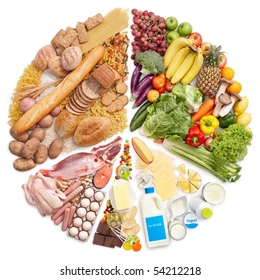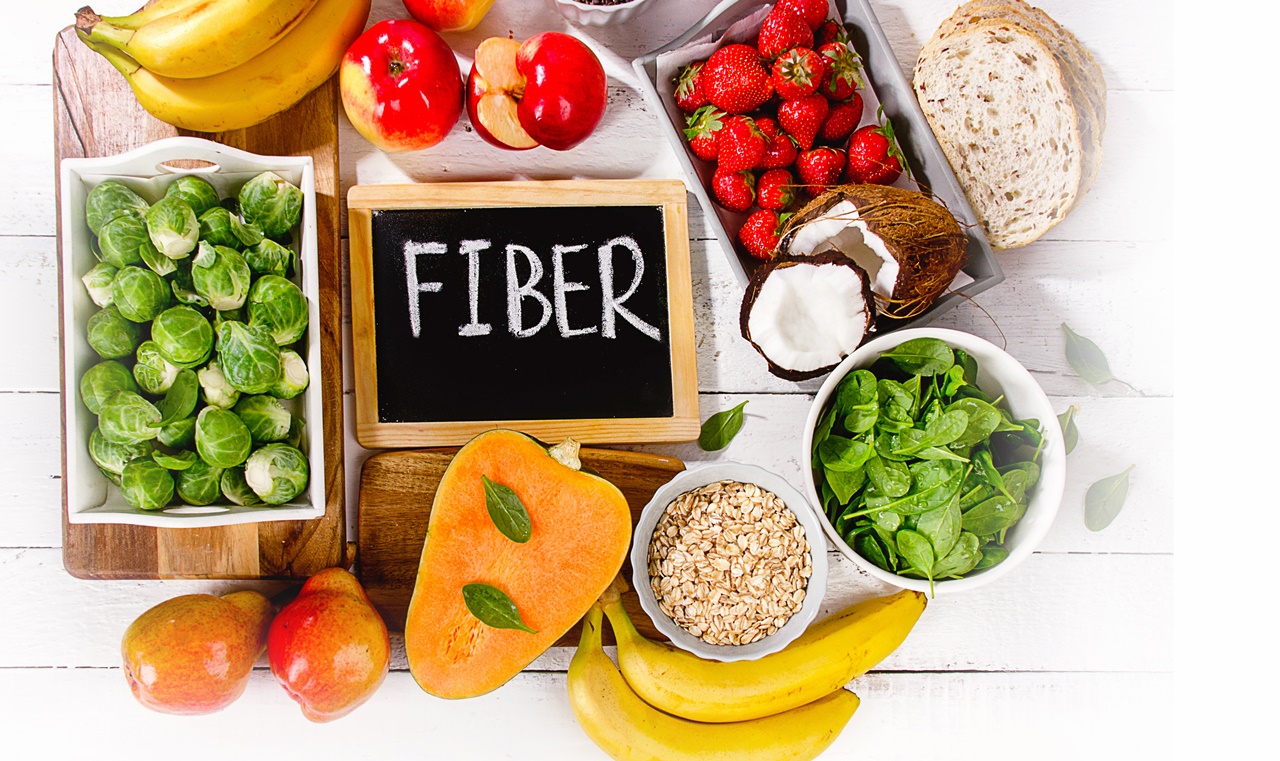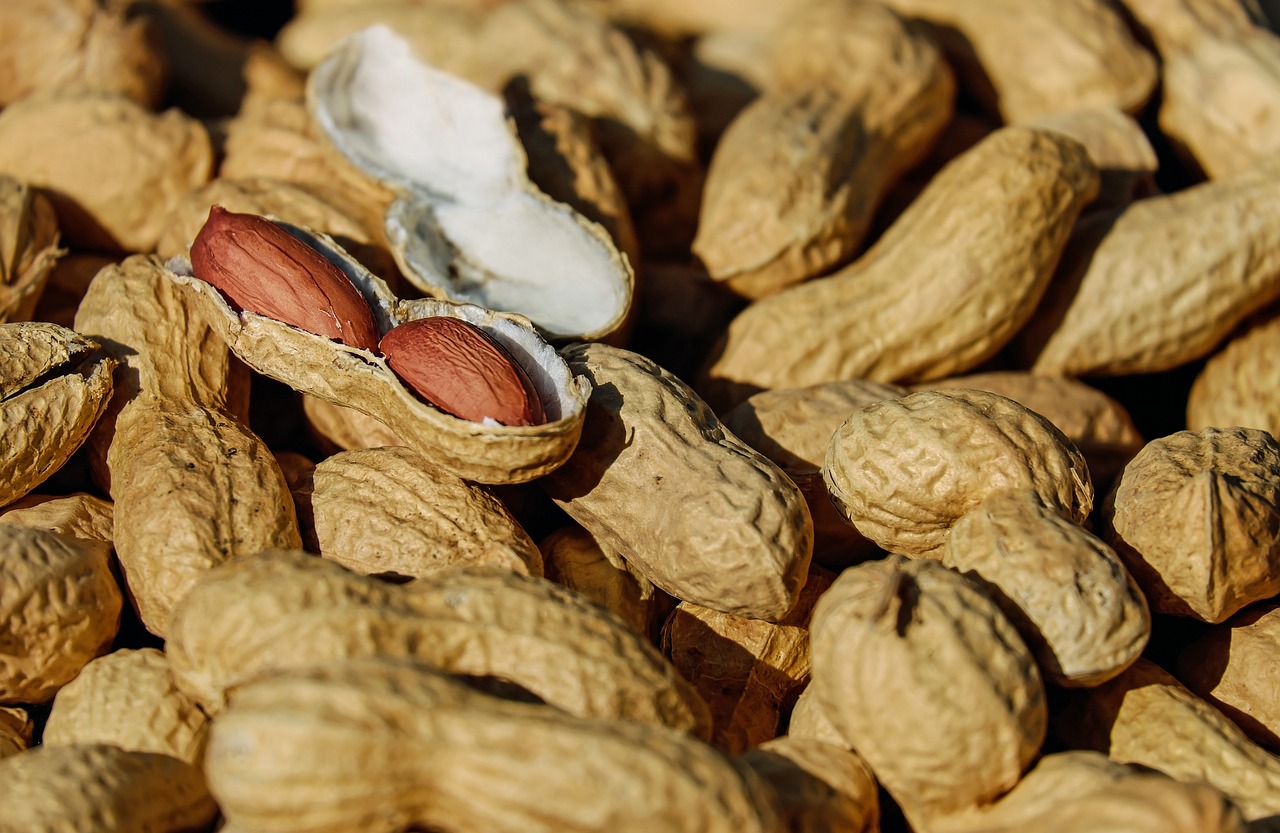Peanuts: A wonder Health Benefits and Importance
Peanuts: Although they are technically considered legumes rather than nuts, peanuts are incredibly nutritious and have several health advantages. These tiny, crunchy, adaptable legumes are a nutritional powerhouse with a host of health benefits in addition to being a delicious snack. Let’s explore the significance of peanuts and their amazing health advantages, which make them a delicious complement to any diet.
Nutrient Powerhouse
Nutrient-dense plant protein, fiber, good fats, vitamins, and minerals are all abundant in peanuts. They are a great source of protein, which makes them a great option for vegans and vegetarians trying to acquire enough protein. Furthermore, omega-3 fatty acids and other heart-healthy polyunsaturated and monounsaturated fats, such as peanut butter, are found in peanuts.
Heart Health Guardian
Frequent peanut consumption has been linked to a lower incidence of cardiovascular illnesses. The heart health benefits of heart-healthy lipids like those found in peanuts include lowering LDL cholesterol and raising HDL cholesterol. Furthermore, by lowering inflammation and enhancing blood vessel health, the antioxidants included in peanuts, such as resveratrol and flavonoids, help to improve heart health.
Rich in Nutrients
Nutrient-dense vitamins and minerals abound in peanuts. They are a great source of niacin, an essential vitamin for turning food into energy. They also include minerals like magnesium, phosphorus, and potassium, which are essential for many body processes, and vitamin E, an antioxidant that promotes immune system and good skin.
Weight Management Ally
In fact, modest peanut eating can help with weight management, despite the myth that nuts cause weight gain. Peanuts’ protein, fiber, and good fats work together to increase satiety, which keeps you feeling fuller for longer and helps you consume less calories overall.
Blood Sugar Regulation
Compared to foods with a high glycemic index, peanuts cause blood sugar levels to rise more slowly because of their low GI. They are a good option for people with diabetes or those trying to control their blood sugar levels because of this feature. After a meal, the protein and good fats in peanuts help to stabilize blood sugar levels.
How to Enjoy Peanuts
You can eat them raw, roasted, boiled, or in the form of peanut butter. They make a wholesome spread on toast, a tasty addition to salads, stir-fries, and desserts, and the ideal on-the-go snack.
Conclusion
Including peanuts in your diet can make a big difference in your general health and wellbeing. But it’s important to eat them in moderation, particularly for those watching their calorie intake or who have nut allergies. Due to their high nutritional content and versatility, these are a great addition to any well-balanced diet.
These lowly legumes have a host of health advantages that make them worthwhile to embrace, whether you eat them as a meal or as a snack. Think about include peanuts on your shopping list and discover the benefits they have for your taste buds and overall health!







thank you very much